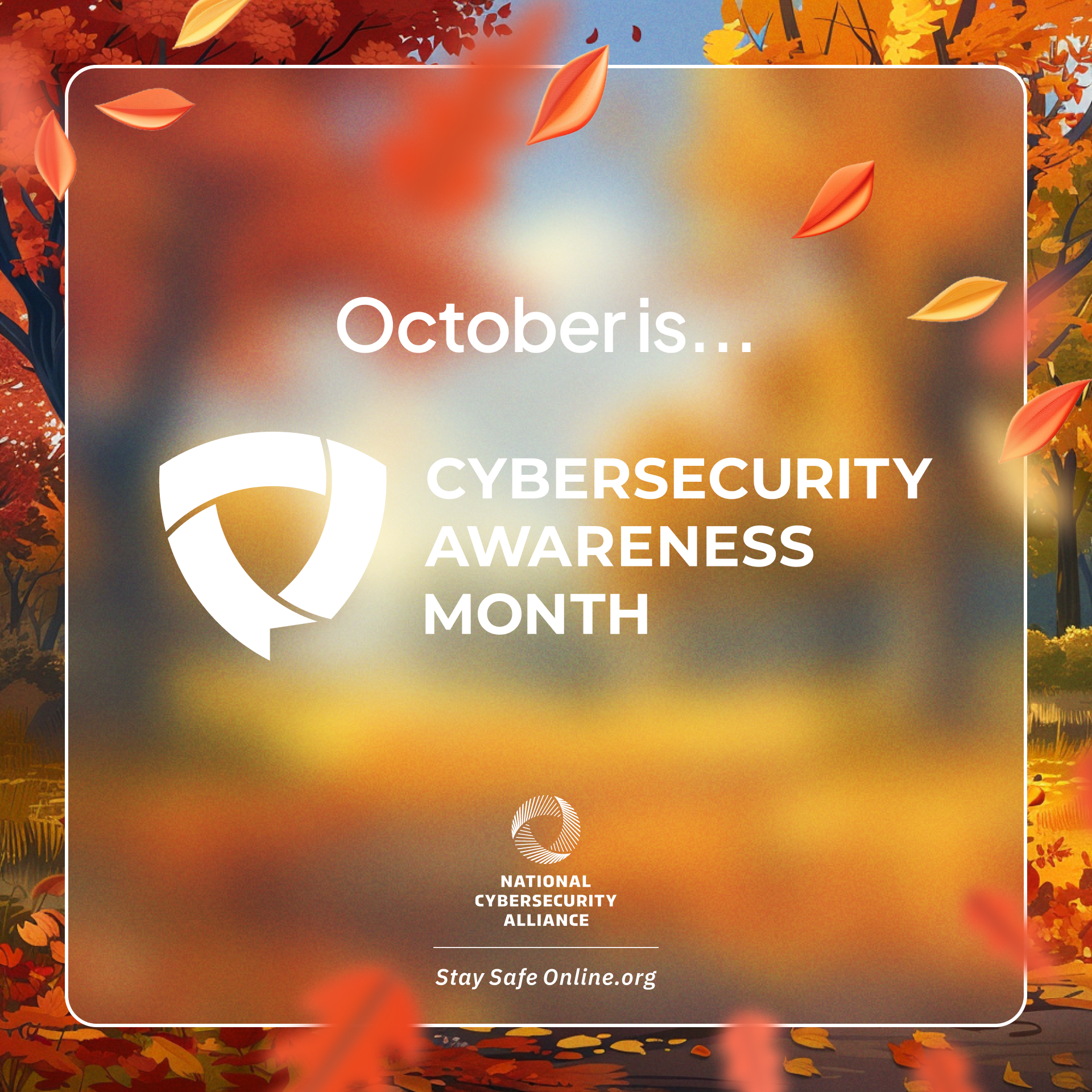Bah Humbug: Cyber Risk in Education – A Real Lump of Coal in the Stocking!
The holiday season is upon us, and for many in the education sector, it's a time for relaxation, reflection, and festive cheer. But before you hang up your stockings and sip that hot cocoa, let’s talk about something a bit less jolly—but just as important. Moody’s Investor Service, a leading global credit ratings agency, has dampened the holiday spirit by increasing the risk rating for education and non-profit sectors from “moderate risk” in 2022 to “high risk” in 2024. While "creditworthiness" and "cybersecurity" may not seem like a natural pairing, in today’s digital world, they are more interconnected than ever. Moody’s has long provided ratings for educational institutions based on financial health and related creditworthiness.
As cyber incidents in the education sector have surged in recent years, leading to financial losses, operational disruptions, and long-term damage to reputation, Moody’s now evaluates how educational institutions manage their cybersecurity risk and factors this attribute into its ratings. It is estimated that the education and non-profit sectors own nearly $356 billion in high-risk debt. From ransomware attacks to data breaches, the risks are as real as Scrooge himself, and if educational institutions fail to take proactive steps, they may very well end up with the proverbial lump of coal in their stockings.
With the holidays approaching, remember that while the season is about joy and goodwill, cybersecurity requires vigilance. The updated Moody’s cyber risk ratings are an important reminder that the education sector’s ability to mitigate cyber risks directly impacts its financial health and future stability. By investing in robust cybersecurity practices now, institutions can preemptively defend against the "Bah Humbug" of a cyberattack.
Is improving your education institution’s cybersecurity posture one of your New Year’s resolutions? If so, TriVigil can be your trusted partner in turning that pledge into a reality.
Wishing you a safe, secure, and cyber-safe holiday season!
Scott Bailey is a compensated consultant for TriVigil.



